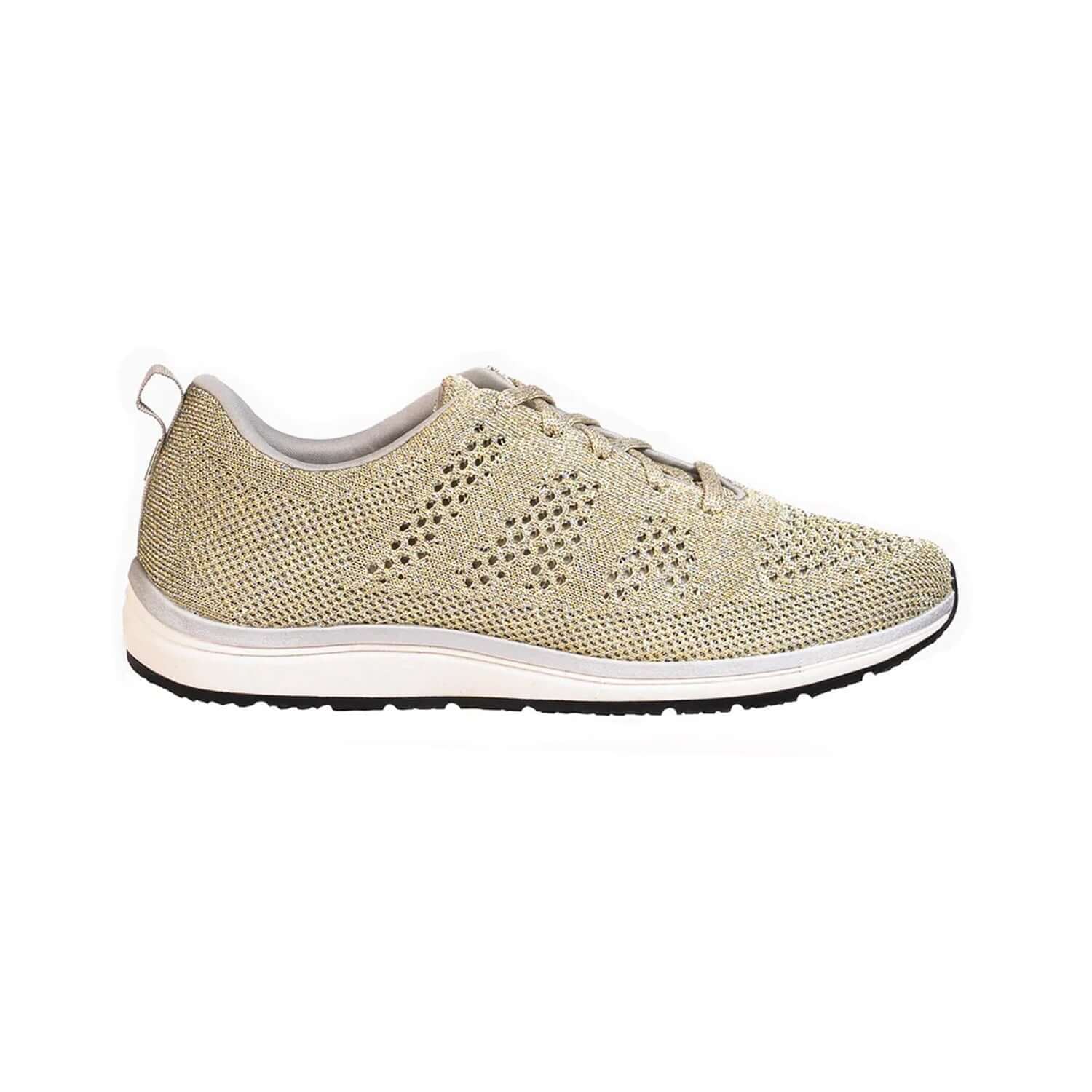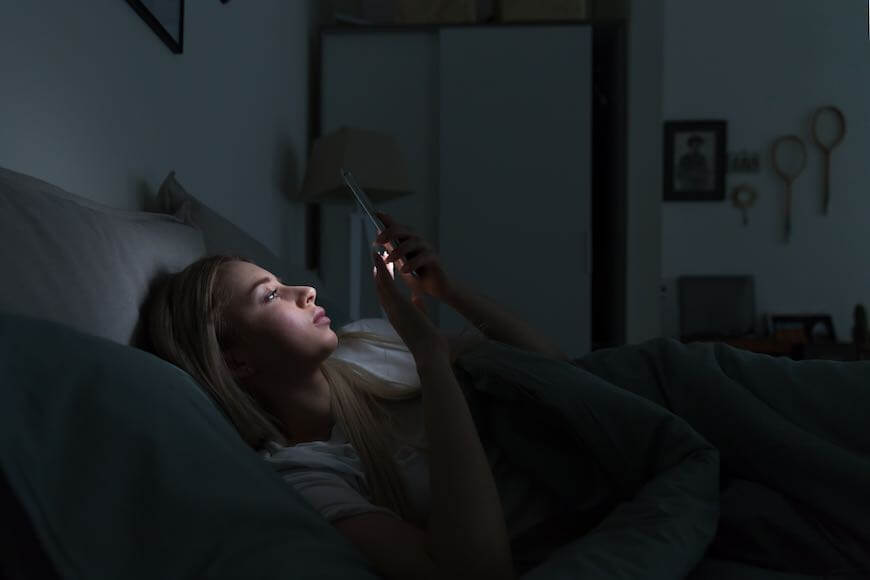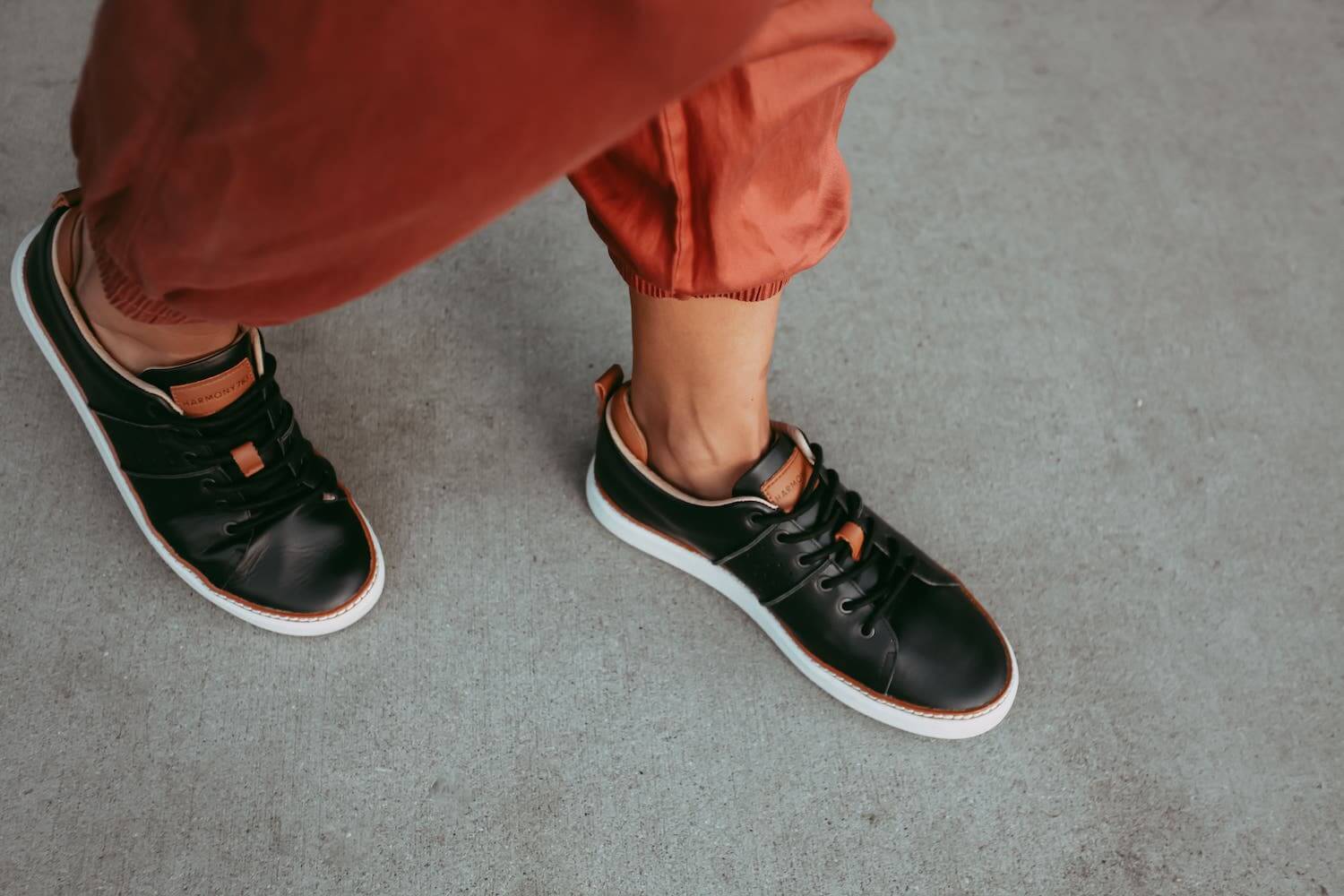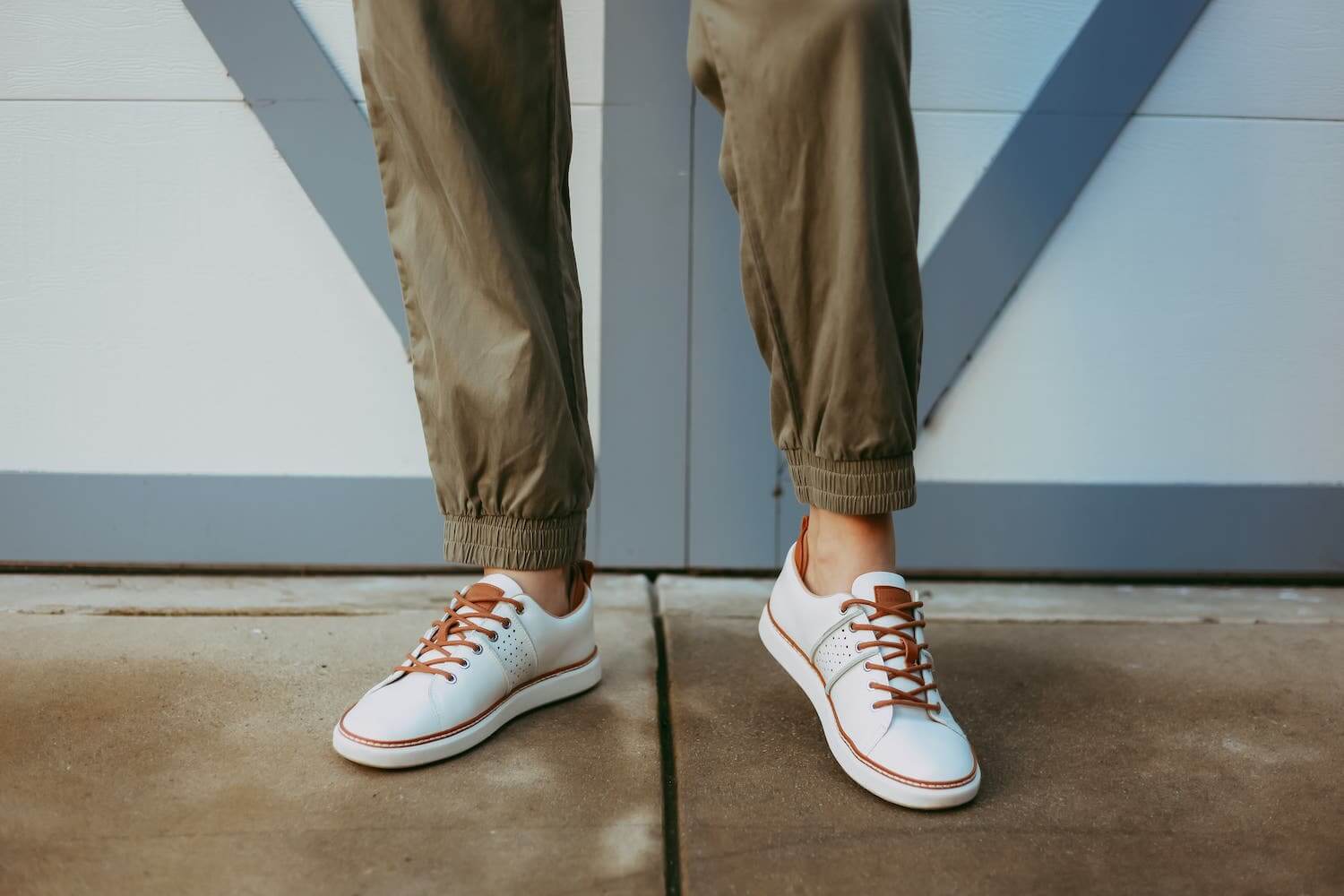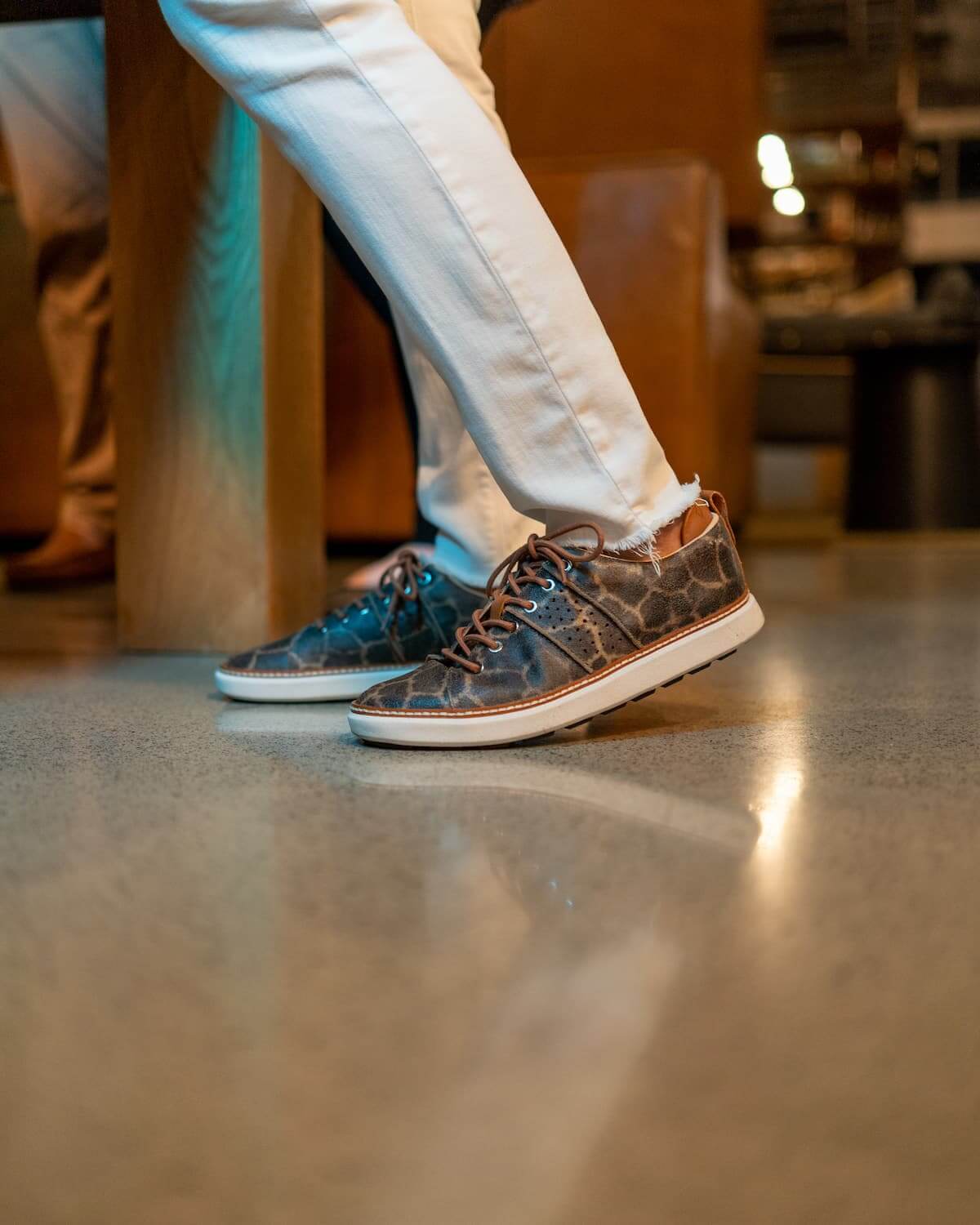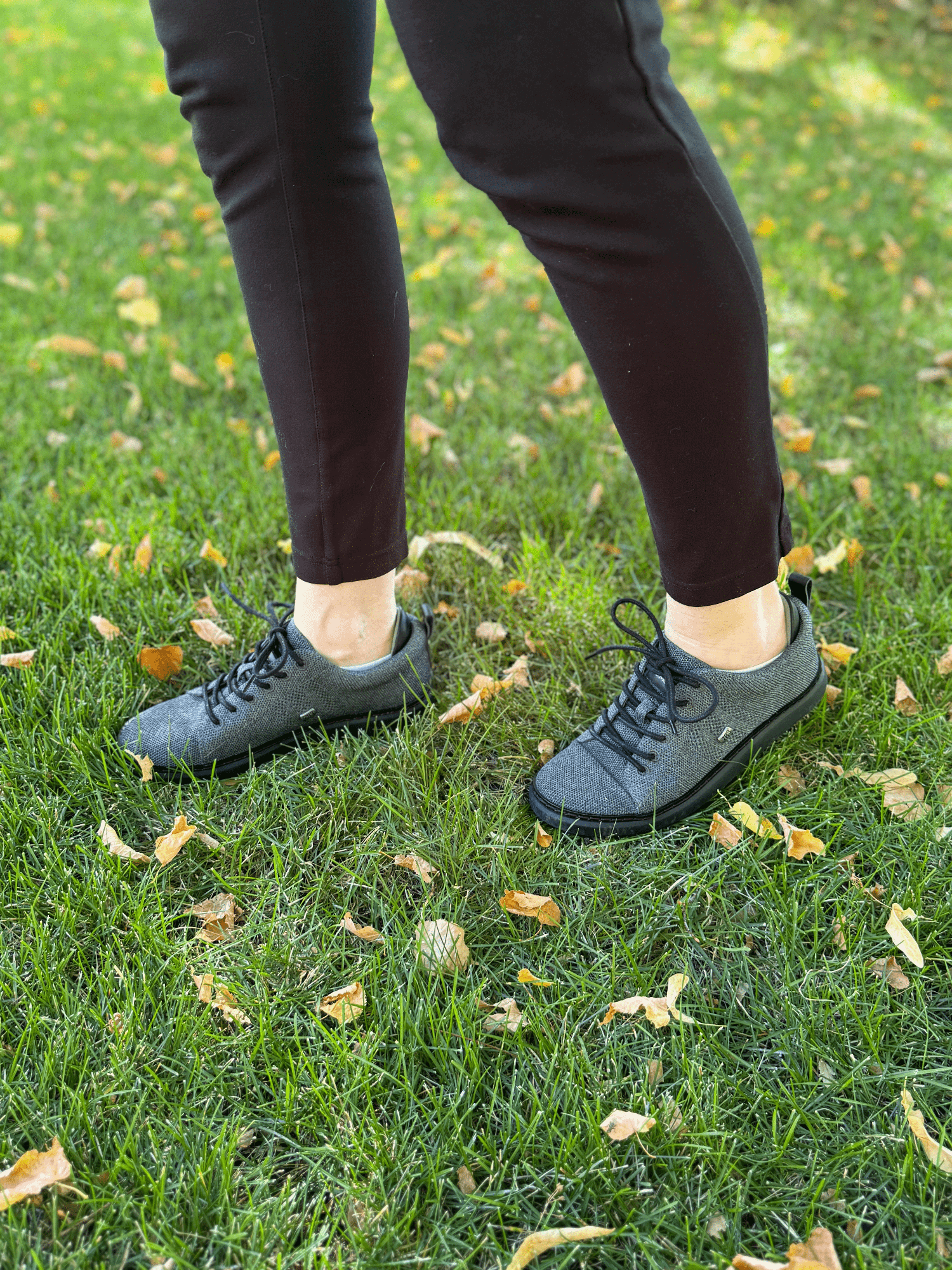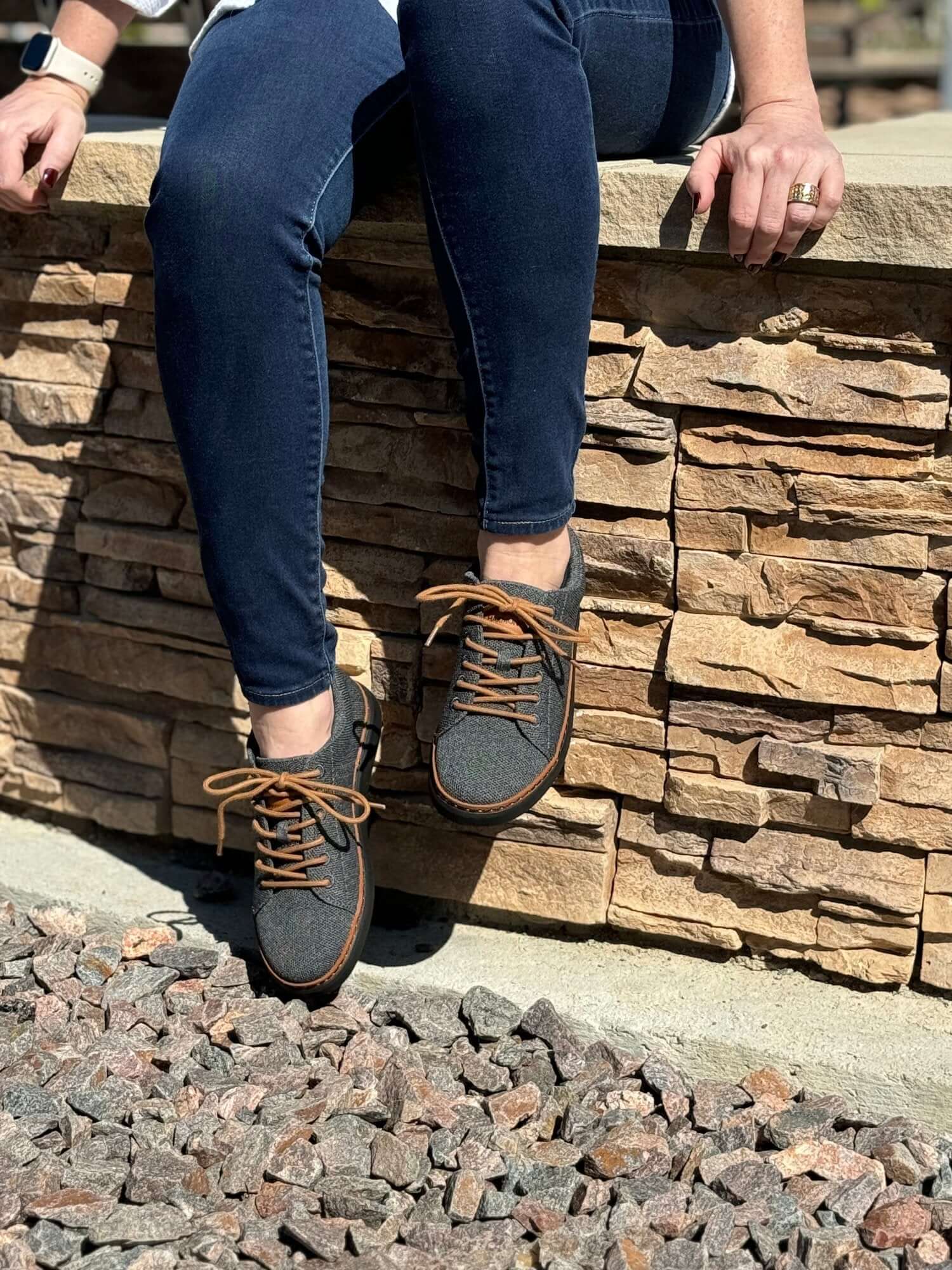Here are a few scenarios many of us know all too well:
- After going to bed, staring at the ceiling – remaining wide awake for hours and unable to fall asleep.
- Feeling restless because you can’t get comfortable. Various aches and pains make it difficult to sleep for more than a few hours at a time.
- Waking up in the middle of the night, unable to get back to sleep. Instead, you mentally rearrange your sock drawer, scroll through your phone, or entertain a random assortment of thoughts - like what your eighth-grade crush is doing these days.
Sleeplessness impacts everyone differently, so yours may not fit these descriptions exactly.
However, you may relate to at least one scenario. You’ve tried warm milk, counting sheep, and a white noise machine. You’d prefer a natural remedy over a pill, so now you’re out of ideas.
Here’s a completely natural remedy that works—and it only involves some time outside. Science says that grounding, or earthing, daily can help improve our sleep.
The biological impact of grounding
One of the most effective solutions for improving sleep is as close as your nearest green space. Grounding is the practice of drawing the free electrons that reside on the earth’s surface into the body. You can essentially “reset” your biological energies by establishing direct bodily contact with the earth.
There is science supporting this practice. Studies how grounding can relieve a long list of medical conditions, including insomnia and sleep-related disorders.
“It sounds good to me,” you’re likely thinking. “What do I have to do?”
Luckily, grounding is simple, inexpensive, and versatile. You don’t have to sleep outside every night to get the benefits of grounding (although that would be awesome). Even if you’re not near a green space, you can still utilize one of the many grounding products on the market to reap the benefits of this amazing practice.

How grounding improves sleep
So, how does connecting with the ground improve sleep? It’s all about minimizing or eliminating the barrier between your body and the earth. Grounding can be as simple as walking barefoot on the ground (grass, dirt, sand, gravel, unsealed concrete, and bricks) for a few minutes or walking on those mentioned surfaces in our HARMONY783 footwear.
You can also try these:
- Touch the rough bark of a tree… or go ahead, hug it!
- Hold a rock in your hand.
- Immerse yourself in a lake or stream.
Places that are not conducive for grounding are green spaces treated with chemical pesticides, chlorinated pool water, sealed concrete, asphalt, wood, and other nonporous surfaces, as they have poor conductivity. Most of all, grounding near cell towers is not recommended.
The strong connection between nature and our well-being goes back for generations; researchers conducted studies on this link as far back as the 19th century. As this journal article explains, George Starr White, a medical doctor who practiced in the 1920s, was inspired to do his own research when individuals admitted to him that they could not sleep properly “unless they were on the ground or connected to the ground in some way.” White himself reported improved sleep using grounding techniques.
Another study of grounding conducted in 2004 delved deeper into how grounding affects our sleep on a biological level. Researchers concluded that grounding lowers our levels of cortisol, a stress hormone. In other words, connecting directly with nature helps us reduce stress. When we reduce our stress, our sleep improves.
Going outdoors is the best way to get the maximum effects of grounding. To bring your practice inside, try lying on a grounding product like a mat, mattress pad, or bedding for a better night’s sleep.
Why a good night’s sleep is important
People who experience sleeplessness or poor sleep quality are familiar with the zombie-like side effects of sleep deprivation. Sleep is the time to give your body and mind the chance to rest and recharge. Without the right amount of zzz’s, you may feel sluggish, irritable, listless, or moody—basically, not your best self.
This article by the American Sleep Foundation explains why it’s so important to get enough quality shut-eye.
Poor sleep can be caused by a range of health and lifestyle factors, including:
- Stress and anxiety. Dwelling on work or weighing life events is a surefire way to have trouble sleeping.
- Medical conditions. Issues like chronic inflammation, heartburn or acid reflux, and migraines can disrupt our slumber.
- Drinking caffeine or alcohol too close to bedtime. Caffeine is a powerful stimulant that will keep you awake. Alcohol is a depressant that will make you drowsy, although you will probably not get the best night’s sleep.
- Overeating before bed. Heavy, rich foods take longer to digest and may cause discomfort or bloat—also not good for sleeping.
There are also diagnosed sleep-related medical conditions that keep us up at night. Some of the most common are: sleep apnea (when breathing repeatedly stops and starts throughout the night), restless leg syndrome (RLS), when a person has an uncontrollable urge to keep moving their legs due to discomfort, and bruxism or teeth grinding.

Additional ways to improve sleep
Grounding for as little as 30 minutes a day can improve the quality of your sleep significantly. It may be the only change you need to get a solid forty winks each night.
This Mayo Clinic article mentions other helpful methods to improve your sleep.
Lastly, here are additional tips to better tuck you in at night:
- Skip the scrolling. Browsing endlessly through your social media feeds won’t make you tired. It will probably have the opposite effect and prolong your wakefulness. Clicking on links to articles and catching up on your friends’ lives can keep you up far past bedtime. Save the scrolling for daylight hours.
- Turn off the TV when you turn off the light. Do you need noise to fall asleep? Sleep is best achieved in a quiet, cool, dimly lit, or darkroom. There are too many variables on the TV, from disturbing news stories to sitcoms with distracting laugh tracks. Try this—set your TV’s sleep timer for 30 or 60 minutes so you can drift off, and the TV will turn off automatically.
- Avoid using your bedroom as your workspace. Over the past year, our homes became our everything—office, home, quarantine shelter, you name it. If possible, use another room. Your bedroom should be dedicated to sleep and romance.
Try grounding and some other recommended practices to help you go from a zombie-like state to a zen-like state, refreshed and ready to face the day!



